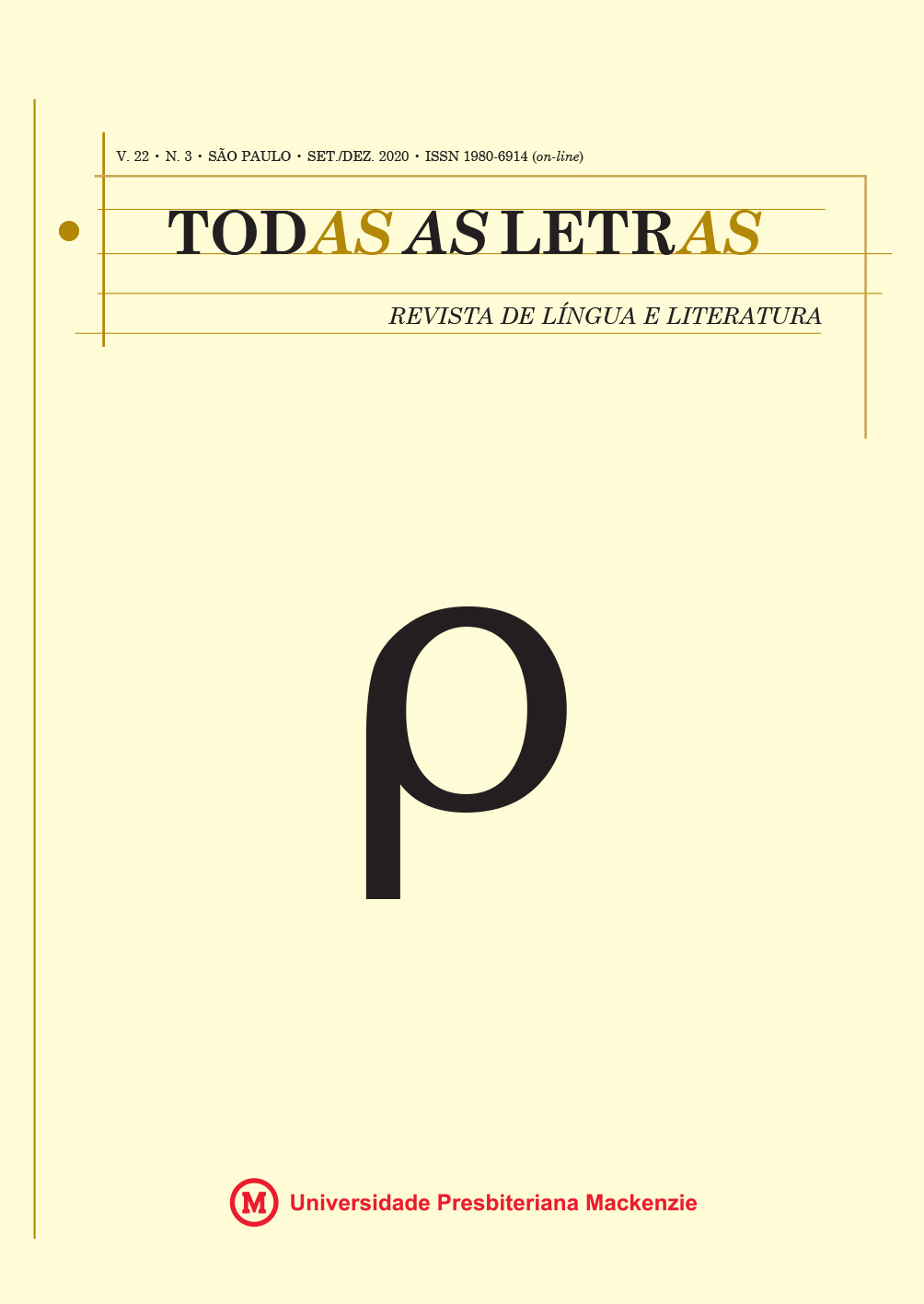Changes in the human nominal forms in constitutional provisions on fundamental rights and guarantees
Abstract
The aim of this article is to analyze the changes during the 19th and 20th centuries in the use of human nominal forms in constitutional provisions of Brazil and Argentina. The analysis is based on theoretical and methodological assumptions of lexicological studies and also considers recent research on general nouns. The corpus is constituted by a set of constitutional provisions from both countries on fundamental rights and guarantees. The results show that the use of general nouns and pronouns (or their elision) are important strategies for generalizations when concerning an onomasiological perspective for the expression of the concept ‘human being’. In addition, it is confirmed the hypothesis that the lexical change in the constitutional provisions is related to an extension of the rights of the human person.
Keywords: Lexicon. General nouns. Linguistic change. Constitutional law. Fundamental rights and guarantees.
Downloads
Downloads
Published
How to Cite
Issue
Section
License
The originals accepted and published become property of Mackenzie Presbyterian University, being forbidden their total or partial reproduction without permission of the Editorial Board, except for study and research.




